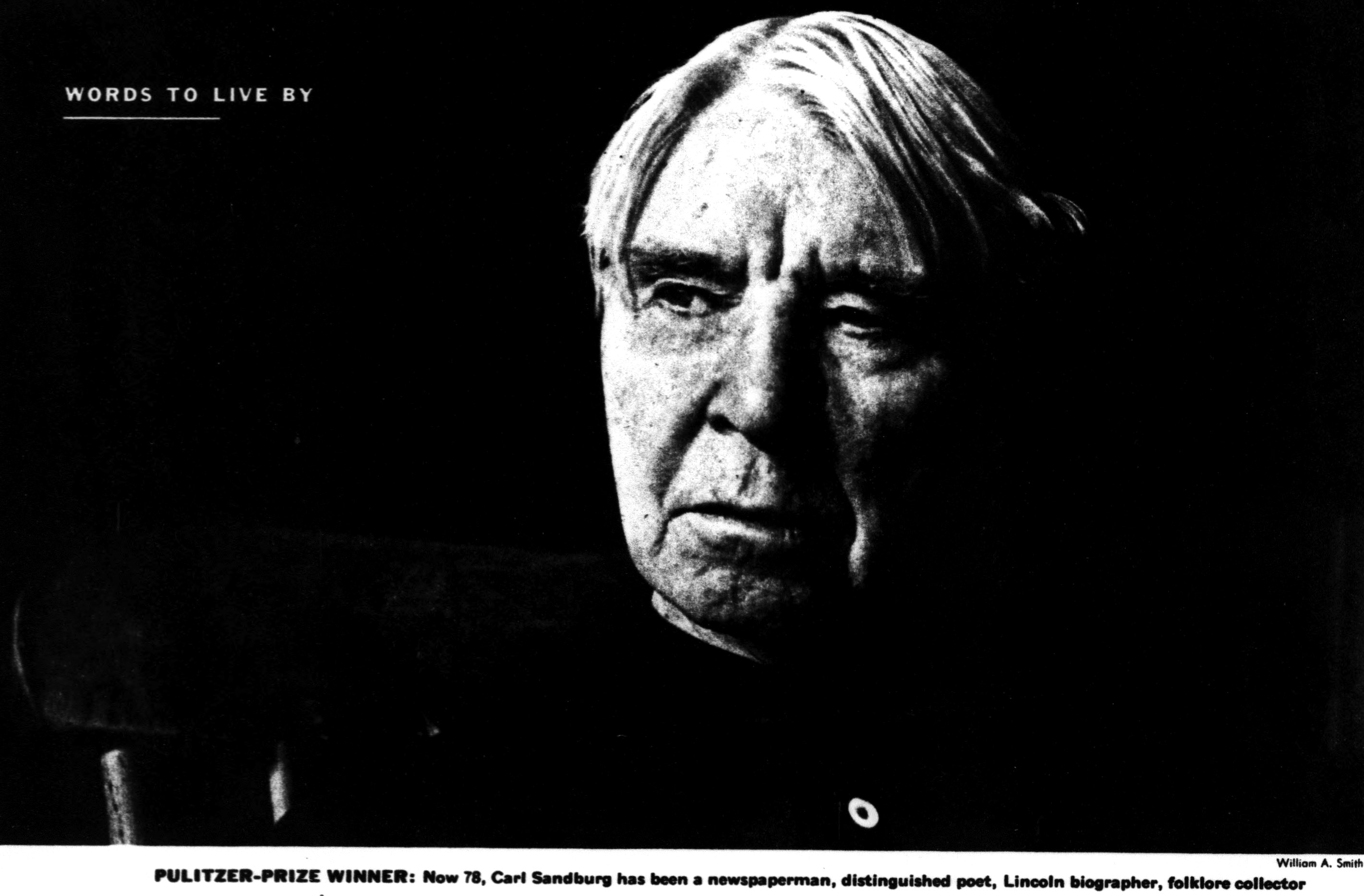This Week Magazine, October 14, 1956
Words to Live By
Don't Get Too Comfortable
A beloved American writer gives some good advice in poetic form

Don't Get Too Comfortable
Albert Einstein, the relativity man, was a
pioneer and wayshower.
He changed the structure of the universe as
an idea or a concept.
It made a sensation in the history of science
that hasn't yet slowed down.
When he was asked why his theory and its
proof brought the excitement it did, he
answered, “I challenged an axiom”.
He was one of a series of pioneers each of
whom challenged an axiom.
You didn't have to prove it.
An axiom is a principle or theory so plain to
be seen that it doesn't need proof.
Much of the history of the world could be
written in a book to be titled,
“Challengers
Of Axioms.”
They were not afraid of hard work and plain
living.
There has been a slogan that “plain living and
high thinking" go together.
Einstein confessed, “To make a goal of com-
fort or happiness has never appealed to me.”
Some people take it that Einstein in essence
was saying. “I prefer misery to comfort and
I'd rather have trouble than happiness.”
Of course he meant no such thing.
Is there a game of words here?
Could it be there are men who get comfort by
going without comforts?
Another little book could be written about
how Einstein meant it that “comfort and
happiness" are dangerous goals.
Anyhow, we heard Rocky Marciano tell Ed
Murrow that since he retired from the ring,
quit being world champion, he had gained
20 pounds.
And of the years when he fought 49 fights and
never lost one, he said, “I was always
hungry, always hungry.”
So it seems that Einstein and Marciano had
each his own way of guarding against the
dangers of “comfort and happiness.”
Words to Live by, Don't Get Too Comfortable, This Week Magazine, October 14, 1956, Page 2 — The Washington Evening Star,